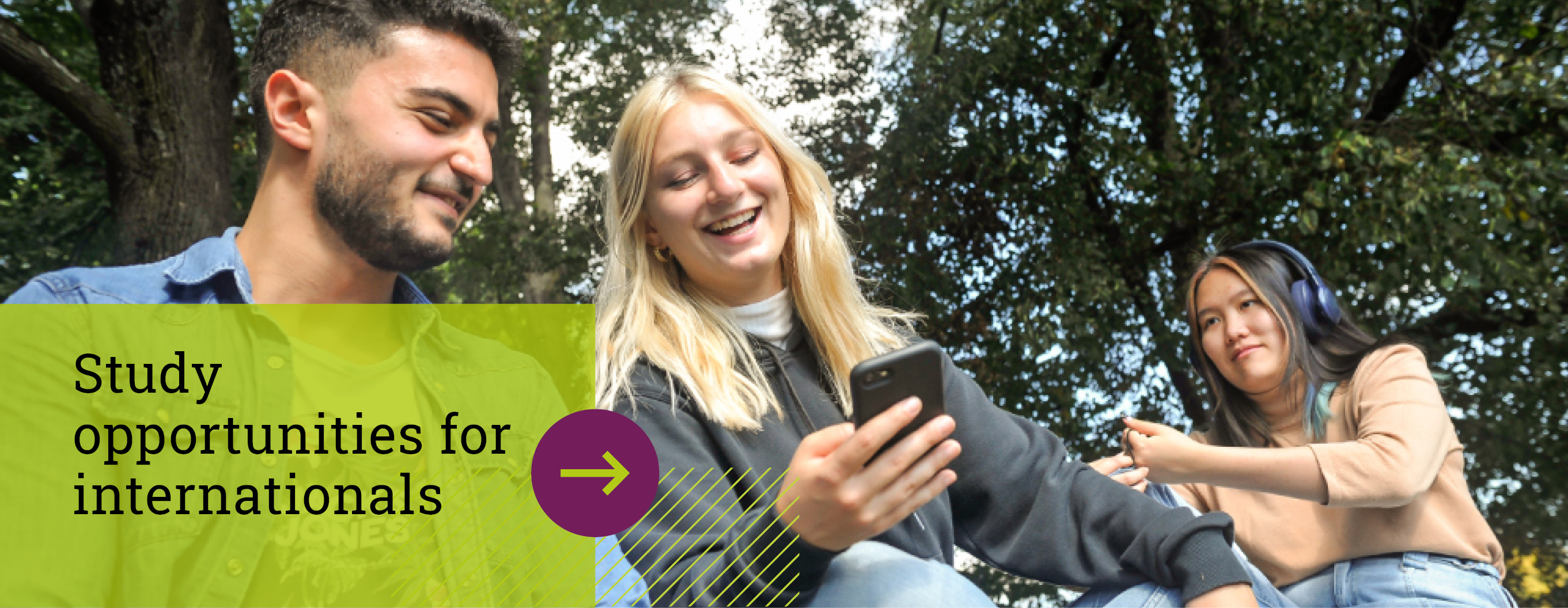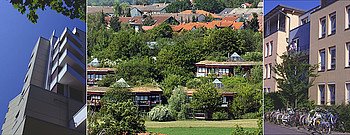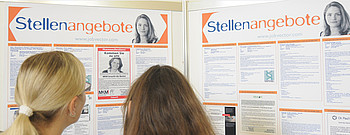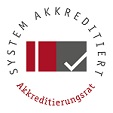Food Chemistry (Master’s)
Food Safety and Consumer Protection
Food Chemistry (Master’s)
Food Safety and Consumer Protection
Food chemistry is a specialized area of chemistry with concentrations in analytical chemistry and structure determination. During the program, you will expand your existing repertoire of methods for instrumental, biochemical, microbiological, and molecular biological analysis. You will deepen your knowledge of the make-up of raw materials, food, and feed as well as food contact materials and learn more about the reactions of the respective ingredients during production, storage, and use.
- Degree program in cooperation with the University of Stuttgart
- Extensive knowledge of methods
- Lab experience
- Excellent career prospects
- Reasons to Choose Hohenheim
| Degree Master of Science (M.Sc.) |
4 semesters 120 credits |
Language German |
University places 25 |
Location Stuttgart |
|||||
More information about the individual modules can be found in the module catalog.
The first year
of the study program is about expanding the basic knowledge of natural science and food chemistry acquired during the Bachelor’s degree. During this year the compulsory modules are primarily meant to strengthen and build upon the knowledge and skills learned in the Bachelor’s program. Foci are:
- Food Chemistry and Analysis
- Food and Ecotoxicology
- Food Microbiology and Hygiene
- Foodstuff Legislation
- Food Process Engineering
The theoretical knowledge will be put into practice in exercise courses in the laboratories.
The semi-elective modules in the first and second subject-related semesters can also be used to catch up on subjects such as foodstuff legislation and instrumental analytics if they were not included in the Bachelor’s program.
The second year
of the program is about choosing your individual specialization and acquiring subject-specific competences (these can also be acquired at a non-university institution in Germany or abroad). The Master’s program Food Chemistry is offered in cooperation with the University of Stuttgart. This gives you the opportunity to complete compulsory as well as elective modules at the University of Stuttgart.
The Master's thesis
at the end of your program is a first opportunity to independently work in a scientific topic in a research-oriented context. The topic of the Master's thesis is therefore closely related to current research issues of the concerned institutes of the Faculties of Natural Sciences and Agricultural Sciences (University of Hohenheim), or the Faculty of Chemistry or the Faculty of Energy-, Process- and Bio-Engineering (University of Stuttgart).
The Food Chemistry program prepares you for professional work in the following areas:
- As a freelance food chemist: Consulting for manufacturers, importers, and trade by examining and legally assessing their goods
- As a trade chemist or expert for food chemistry: appointed by the Chamber of Trade and Industry and certified by the State Agency for the Examination of Check Tests
- Nutrition industry as well as the cosmetic, food contact material, fodder, or tobacco industry
- Food research: work at university institutes that also educate students, at research institutions at the federal and state levels, in the food industry, and with the European Union
- Many other areas in laboratories and inspection offices where the special knowledge of food chemists is needed to analyze complex substrates and evaluate the results.
- After completing the Master’s program: Application for a traineeship in the state food inspection agencies (“practical year,” receive the additional certificate “State-certified food chemist”)
- Qualification to start doctorate
- Excellent supervision ratio thanks to small cohorts
- Research-focused programs
- Links between research and practice
- Excellent laboratories and practical training rooms with state-of-the-art equipment
- Possible to choose from the entire range of courses offered by the Faculty of Natural Sciences (University of Hohenheim) as well as the Faculty of Chemistry (University of Stuttgart)
- We welcome those looking to change careers! Do you have a Bachelor’s degree in chemical analysis but have not
yet focused on food chemistry? With the two integrated introductory practical courses, you will catch up on the necessary
basics of food analysis in a compact format. We would be happy to advise you

The Master’s program Food Chemistry takes part in the current research activities of the Institute for Food Chemistry. Our expertise is particularly focused on the development of trace analysis methods for the identification of lipid components, residues, and contaminants in food and fodder, as well as the development of completely new approaches. Additionally, the program focuses on the identification of marker compounds for the examination of the authenticity of food.
Cooperation
In order to further expand and improve our successful ongoing research projects as well as to create sustainable synergies, we are engaged in successful and intense cooperation with the following partners:
- The Veterinary Investigation Offices (CVUS) of Baden-Württemberg
- Cantonal laboratories in Switzerland
- Technical University of Munich
- Max-Rubner Institutes
- Several institutes abroad
| Application deadlines | |
|---|---|
| 1st subject-related semester | Only for the winter semester: 15 June |
Higher subject-related semesters | For the winter semester: 15 June |
| Requirements | |
|---|---|
| Formal requirements |
|
| Content requirements | Interest in food processing and preparation (cooking, baking) Skills:
|
| Language skills | German C1 |
| Pre-study internship | no |
| Selection procedure | |
|---|---|
| Selection criteria |
|
| Selection interview | no |









